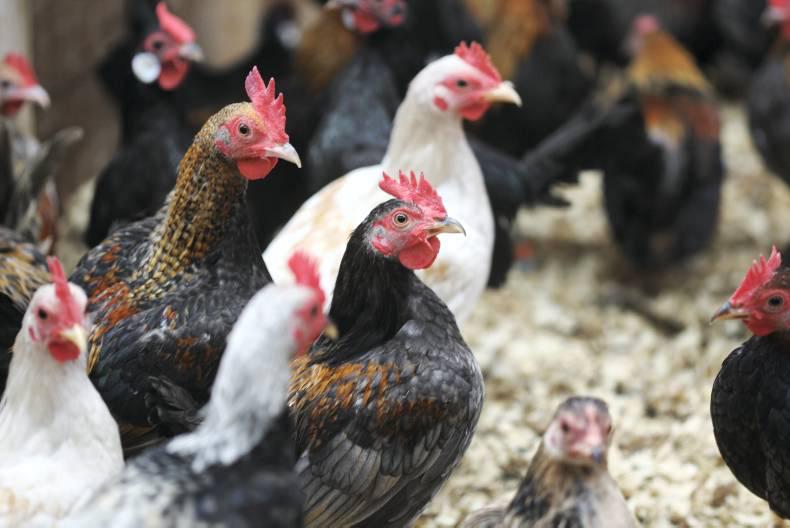Swift precautionary action is now being taken to prevent the spread of disease, including the cull of all 40,000 birds on site on Wednesday.
A 1km Temporary Control Zone (TCZ) has been put in place around the premises, which means restrictions on the movement of poultry, carcases, eggs, used poultry litter and manure, and restrictions on bird gatherings.
Mild strain
Scotland’s chief veterinary officer Sheila Voas said the evidence so far suggests they are dealing with a very mild form of H5N1 avian influenza.
She said: "Further tests are currently being carried out to confirm this but, in the meantime, we are taking no chances. As a precaution to prevent the spread of disease, and in line with our robust procedures for dealing with avian flu, we have already put in place movement restrictions around the farm and all birds on the premises will be humanely culled. Consumers should not be concerned about eating eggs or poultry given the expert advice about food safety and human health."
Based on what we know about this strain of avian influenza and the actions that have been taken, the risk to human health in this case is considered very low
Poultry keepers are being urged to remain vigilant for any signs of disease and to ensure they are maintaining good biosecurity on their premises.
Dr Jim McMenamin, consultant epidemiologist and respiratory infection lead for Health Protection Scotland, said that the risk to human health was low.
“Based on what we know about this strain of avian influenza and the actions that have been taken, the risk to human health in this case is considered very low. Health Protection Scotland continues to work closely with Animal Health throughout this investigation," he said.
European cases
Sixty-seven outbreaks of the H5N1 avian influenza virus were confirmed earlier today in France.
There have been a number of reported cases of avian influenza across continental Europe in recent months, including three cases in other parts of the UK in 2015.






 This is a subscriber-only article
This is a subscriber-only article





SHARING OPTIONS: